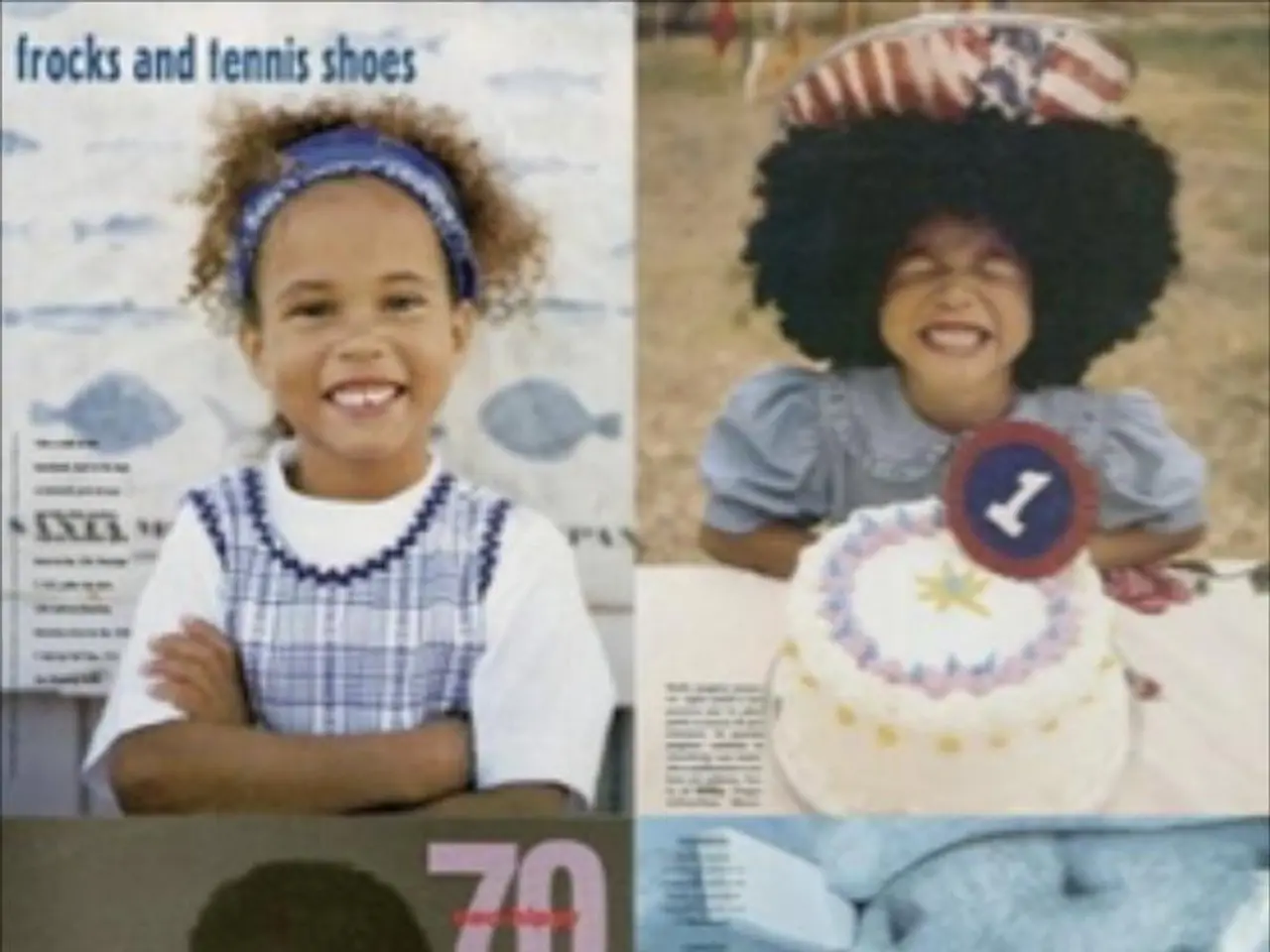Discussion Required
The "Number Against Sorrow," initially launched in 1980 as the "Report Card Helpline," was a pioneering initiative by the Düsseldorf Children's Protection Association to help children and young people struggling with poor grades. Over the past four decades, this helpline has evolved significantly to address a variety of issues that young people face.
Originally focused on academic concerns, the "Report Card Helpline" soon became the "Number Against Sorrow," a name change that better reflected its expanded purpose and scope. The helpline was not just about grades from the start; it was about providing support for a wide range of issues that young people face.
The evolution of the "Number Against Sorrow" was driven by the recognition that the issues that burden young people are diverse. Today, it offers telephone, online, and email counseling, allowing children and young people to express themselves and develop strategies to tackle problems.
The Child and Youth Helpline (CYH), a division of the Düsseldorf Children's Protection Association, has been offering these services for over 30 years. Bernhard Müller-Hildebrand serves as the coordinator of the CYH, providing support not only to children and young people but also to parents who are unsure about how to best support their children during difficult phases.
The CYH and the "Number Against Sorrow" are anonymous, confidential, and free of charge. They aim to prevent school time from being affected by performance pressure, fear of failure, or conflicts. Parents can discuss with their children the possibility of seeking advice earlier in the next school year.
The "Number Against Sorrow" is available year-round, providing a lifeline for children and young people in need. As societal challenges continue to evolve, it is likely that the services provided by the CYH and the "Number Against Sorrow" will continue to expand and adapt to meet the needs of the next generation.
Science is increasingly becoming a part of the "Number Against Sorrow's" approach, as they incorporate research and evidence-based practices in health-and-wellness and mental-health, aiming to address the complex emotional needs of the young generation. The "Number Against Sorrow" offers assistance not only for academic concerns but also for mental health issues, incorporating scientific insights to help promote overall well-being.




